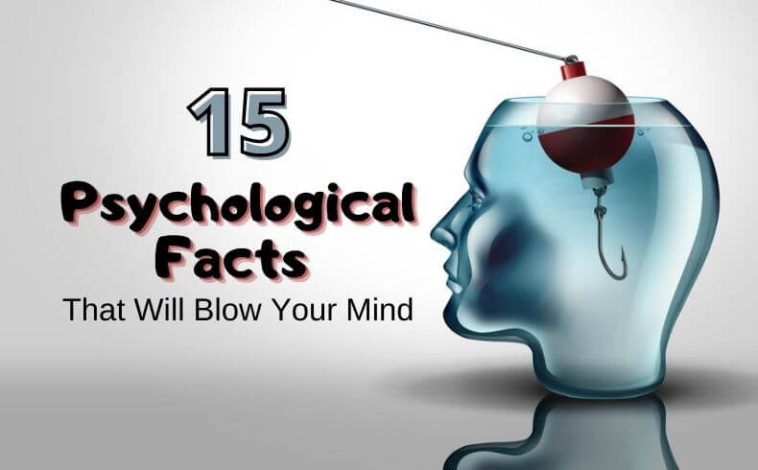The field of psychology looks at the science of the mind and behavior. Studies trying to understand why we are the way we are have been going on for decades and will continue into the future.
We’re learning more and more each day, but there’s still so much we don’t know. Some study findings are more fascinating than others. Did you know that punctuating your text messages makes you come across as insincere? Strap yourself in. You’re in for a wild psychological ride.
The following psychology facts could just explain or confirm some of the things you see in yourself or others!
1 – If We Have A Plan B, Our Plan A Is Less Likely to Work
Scientists at the University of Pennsylvania studied the performance of volunteers on a certain task and found that participants who thought about a backup plan did worse than those who didn’t.
They also found that when participants realized they had other options, their motivation decreased. This is related to Expectancy Theory, which was developed by Victor H. Vroom in 1964.
Expectancy theory basically states that your motivation for something is a function of whether you expect to be successful at it. Inherent in a backup plan is that you’re not going to succeed the first time around.
Researchers say it’s important to think ahead but advise against getting too caught up in the details. You could inadvertently be sabotaging your success.
2 – Catching a Yawn Could Help Us Bond
The workday has just begun, and you’re ready to get lots done. You’re sitting at your cubicle during your morning meeting when the guy next to you lets out a big, loud, obnoxious yawn. Before you know it, you’re yawning yourself. But you’re not even tired! That’s a response yawn.
There are various theories explaining why yawns are contagious; one of the leading ones being that response yawns demonstrate empathy. This explains why young children that haven’t yet developed a sense of empathy or those on the autism spectrum are less likely to respond yawn.
3 – We Care More About A Single Person Than About Massive Tragedies
In another University of Pennsylvania study, researchers examined people’s behavior as it related to donating to causes based on certain stimuli. One group was shown a starving young girl.
The second group was told a statistic about millions of people dying of hunger, and the third group was taught about both. Those who heard only about the statistic donated the least, followed by those who heard about both. Those who heard about the little girl, donated double what the statistic group did.
Psychologists attribute this to the fact that if a problem feels too big, we feel helpless and insignificant like our efforts won’t have any payoff. In this case, helping save one starving girl seems more attainable than ending world hunger.
4 – Beginnings and Ends Are Easier to Remember Than Middles
Have you ever been grocery shopping and forgot your grocery list? When trying to remember things without it, you can visualize them and remember things close to the beginning and the end. But the things in the middle are a little fuzzy.
A study in the Frontiers of Human Neuroscience confirmed this. It’s called the Serial-Position Effect. It’s also why you might remember the end of your manager’s presentation, but the middle, not so much. So, it really is a thing, and you may not have ADHD after all.
5 – It Takes Five Positive Things to Outweigh A Single Negative Thing
You might’ve heard the advice to start and end your day by thinking about a few things you’re grateful for. This helps keep us balanced because we have what’s called a Negativity Bias which makes us focus on the bad stuff instead of the good.
It’s useless to ruminate on the negative things that bring you down. Shoot for a ratio of five good things to one bad in your life. You just might manifest something wonderful!







